
01-09-2021 by Leni Frau
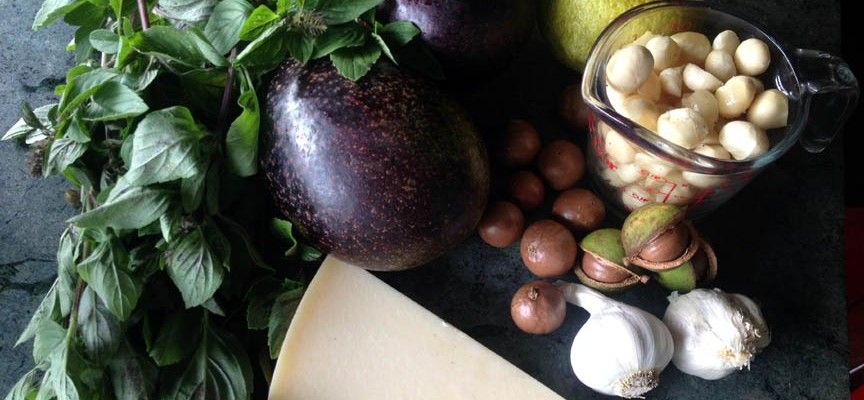
Kenya is for most of its extension a fertile and rich land, where it grows more or less of everything.
Compared to the Mediterranean area, for example, only the olive tree has never taken root in any corner of the country.
With alternating quality results and with the difficulties caused by the many pitfalls of animals and insects present in equatorial Africa, over the years it has also been possible to vinify and have been successfully planted fruits and vegetables from Europe, Asia and the Americas.
Kenya is known for the export of tea and coffee in the first place, where it is among the top ten in the world, and for the production of fruit (Del Monte has here its headquarters for pineapple and mango, for example).
Let's look instead at the new food products that have not yet been the subject of interest of multinationals and that can give rise to small or medium businesses for both domestic trade but especially for export, in Africa itself or overseas.
1. AVOCADO
It is defined as the green gold of Africa and in Kenya it grows in every environment: from the Rift Valley plateau, especially in the Lake Victoria area, to the south-western region of Taita and Taveta, from the coast to the forest areas around Nairobi. After years in which the unsweetened fruit has often been snubbed for its particular and rare use in international cuisine, today the cultivation of avocado is having a great development, thanks to the boom in sushi and the various uses of oil and cosmetics. Many people are now focusing on the production and trade of avocado. The risk is to plant too many: avocado is a weed that limits the growth of others.
2. OBSTRICS
The mangrove oyster is a delight that is beginning to be known around the world and that does not disfigure at all, in quality and taste, alongside the most celebrated French relatives or more temperate areas, but also of Madagascar or the Atlantic islands. Now there are those who have begun to export the small Kenyan molluscs that abound especially in Kilifi, Mida, Ngomeni and the South Coast. Considering that one kilo of oysters from Creek fishermen cost 50 cents per kilo and that they can be sold at least ten times as much, the main problem remains the cold chain and transport.
3. HONEY
In every part of Kenya excellent honey is produced: from the prized mountain honey to that of the central areas of the Rift Valley to the fragrant honey of the coast, obtained from plants such as Tamarindo or even from the mangroves. Its marketing follows precise "organic" rules but offers a product of the highest quality. Recently, the production of raw honey and honeydew has also grown, as well as related and curative products such as bee venom and propolis.
4. FINDS
On Lake Victoria in recent years, as a result of the decline in tilapia fish and perch, have multiplied the number of shrimp farms but also those of lake trout, which also begin to affect the domestic market, as well as being exported mainly to eastern countries. The trout of Lake Victoria is particularly tasty and can also be packaged in seed oil as is the case for other fish.
5. GREATS
The "farms" of crabs activated on the coast, especially in the inlets where the ecosystem maintained by the mangroves guarantees their healthy and full-bodied growth, are having a great response. The export of "molecules", very valuable not only in China and Japan, is a fact. Just take a trip to Che Shale, where an organized and fruitful one has been created.
6. MUSHROOMS
For a few years now, Kenyans have been learning to recognize the precious mushrooms from the common ones and they discover in the forests around Mount Kenya, in the areas of Eldoret and Mount Elgon, qualities similar to porcini mushrooms that have similarities with excellent mushrooms from Rwanda. There is not yet a real industry, but in Nairobi you can see the first packaged products. It may be time to think about creating an ad hoc production and packaging chain, between sub-oils and more.
7. CHEESE
A large company like Brown teaches that from the dairy chain in Kenya you can have great satisfaction. Thanks to Kenya's geophysical variety and its different climate zones, every type of cheese can be aged, not to mention fresh cheese and goat's milk cheese. Moreover, the sector has been liberalized for a short time and has its own regulation that is easier to follow than that of livestock and meat trade. Export to other African countries, in spite of South Africa, which has held the lead in the continent for years, should not be underestimated.
8 TUBERS
With the explosion of vegan-style and the increase of people who for reasons of intolerance or the like, the tubers that can replace white flours, pasta and bread go for the most. Moreover, some qualities, such as the sweet potato, grow quickly and several times a year. The cassava, which is not only good to eat (much more than the sweet potato) but also offers protein and gluten-free flour, is becoming very popular.
9. MACADAMIA NUTS
The production of the precious macadamia nuts (sold in Europe even at 20 euros per kg) is becoming a good business in Kenya for land owners. Each mature tree can produce between 100 and 300 kilograms per year and with modern irrigation systems their maintenance costs very little, because they are plants that are rarely affected by external pests. The secret is in the harvesting, for the rest once a plot of land is used for macadamia, it's just a matter of earning money.
10. PACKAGING
For all the products mentioned above, whose production in Kenya can lead to an easy marketing and export, it is necessary a particular work of storage and packaging to make the goods sold attractive. One business in which one can launch oneself, without working directly on the food product and its transformation, is that of "packaging" and combined marketing.
It certainly favours eco-sustainable packaging that respects the environment, possibly already combined with natural and organic products.
ECONOMICS
by Freddie del Curatolo
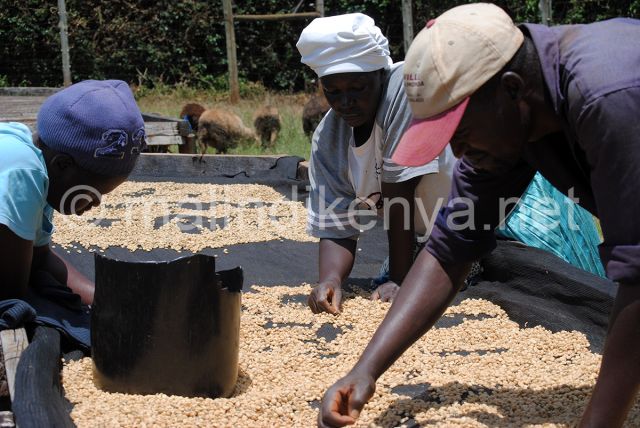
From now on, it will be possible from Kenya to export products to 27 European Union countries duty-free, to...

Another step towards the abolition of tax barriers and the implementation of bilateral agreements...
NEWS
by redazione

Three days of official visits to Rome for Kenya's President Uhuru Kenyatta.
Arriving...
NEWS
by redazione

Excellent news for the economy and for tourism in Kenya.
After years of waiting, the Jomo Kenyatta International Airport in Nairobi has obtained the certification of Category A to be able to make and receive direct flights from the United...
NEWS
by redazione

Kenya will be one of the protagonists of the 39th edition of Macfrut, the global exhibition dedicated to...
NEWS
by redazione
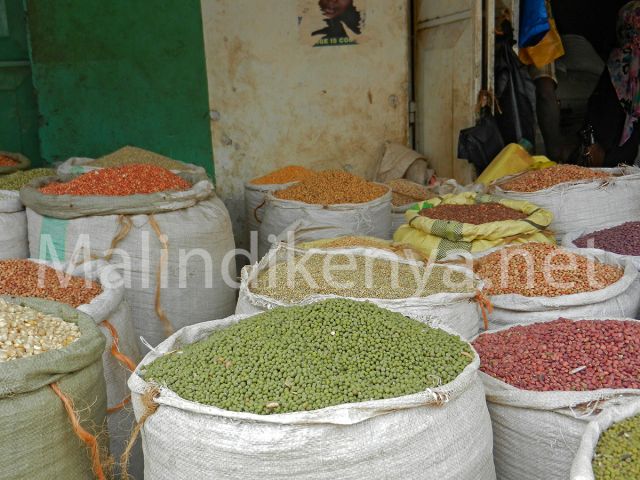
The Ministry of Trade and Industry of Kenya has decided to close all shops selling retail products or materials...
NEWS
by redazione

Kenya's Minister of Trade and Industry, Peter Munya, announced that all government employees will no longer be able to buy...
STORIES
by Freddie del Curatolo
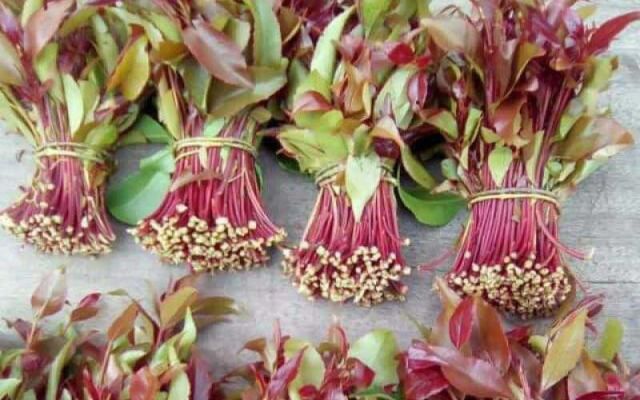
Those who frequent the Kenyan coast (or Swahili Coast, as it will be called in future) are familiar...
NEWS
by redazione
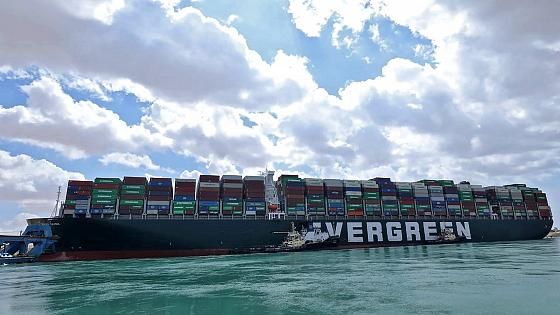
Relief for dozens of importers and hundreds of companies in Kenya and Uganda who depend on...
NEWS
by redazione

Among the many ailments of the Kenyan tourism sector that are increasingly casting a black veil of...
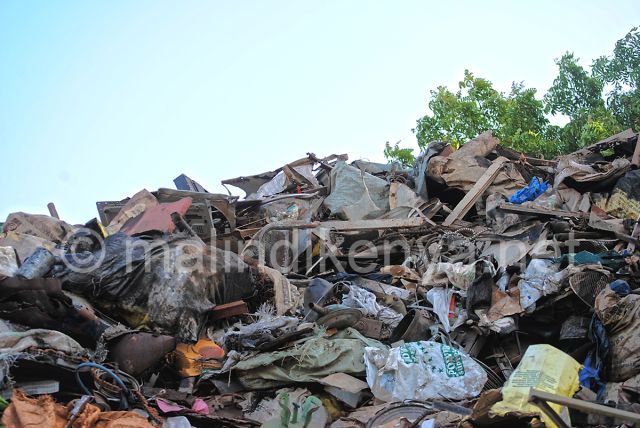
The saying "desperate times call for desperate measures" in Kenya often represents the only practical...